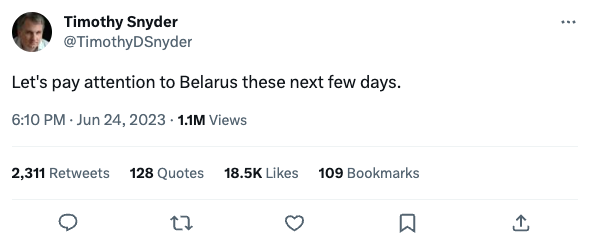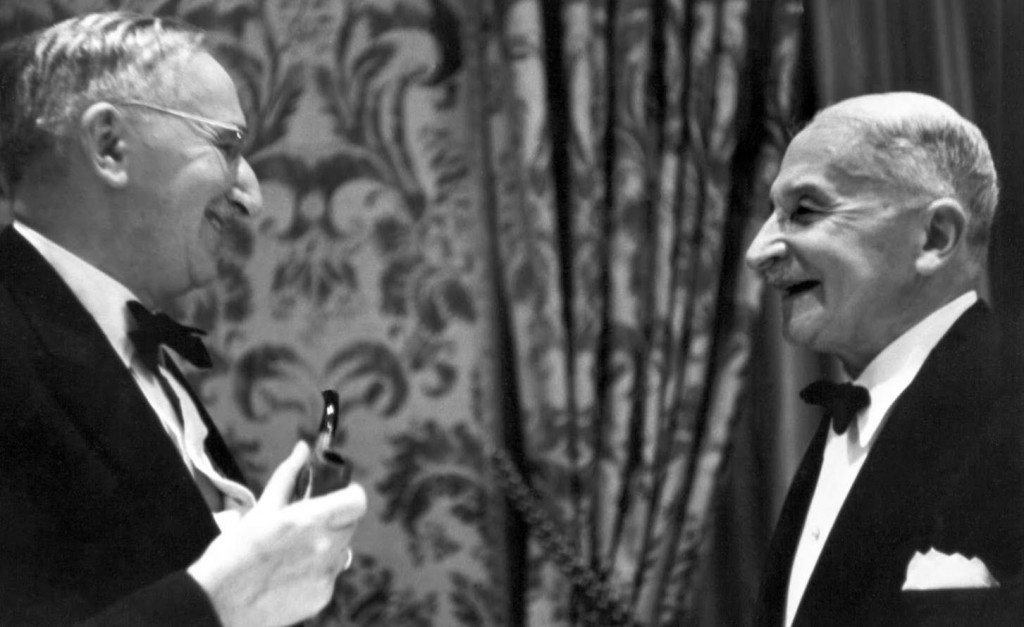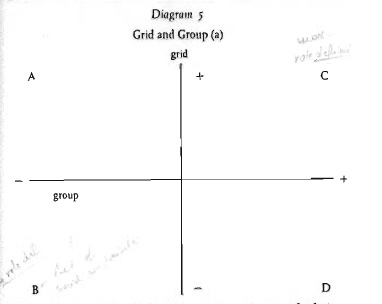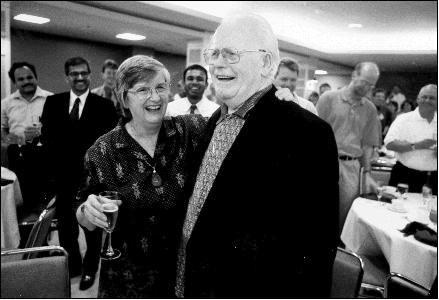Neoliberalism
I believe that the term “neoliberalism” is a valid one, both as a concept and as an ideology. In other words, it can be used in a descriptive and neutral sense, and also the thing that it describes is (relatively) desirable. I am one of very few academics to hold both of these positions!
Indeed I am an early pioneer of using the term “neoliberal” in a non-pejorative way, with my co-authored book from 2009 “The Neoliberal Revolution in Eastern Europe“. Since then, it has become more common, and I continue to research neoliberal ideas and neoliberalism as a distinct political and economic philosophy.
Here is an old interview about the book:
Some recent academic publications that focus on neoliberalism include:
- 2025 “Four phases of neoliberalism” Journal of Private Enterprise, Vol. 40, No. 2, pp. 55-71
- “A survey of recent critical histories of neoliberalism” forthcoming in Critical Review
I have also published a couple of formal book reviews:
- 2025, Quinn Slobodian, Hayek’s Bastards. Zone Books, 2025, Review of Austrian Economics
- 2024, Book review: The Secret History of Neoliberalism, IEA Blog
I have also taken seriously a potential consequence of neoliberalism: state capitalism. See:
- 2025 “Were Chinese style reforms a potential alternative for Russia? A reflection on state capitalism, democratic socialism, and transition” Post-Communist Economies, Vol. 37. Issue 3, pp. 187-202
And I have used Medium to publish some notes about books that discuss neoliberalism:
- Slobodian (2025), May 2025
- Monbiot & Hutchison (2024), April 2025
- Brown (2019), February 2025
Here is my webpage about The Museum of Neoliberalism.







